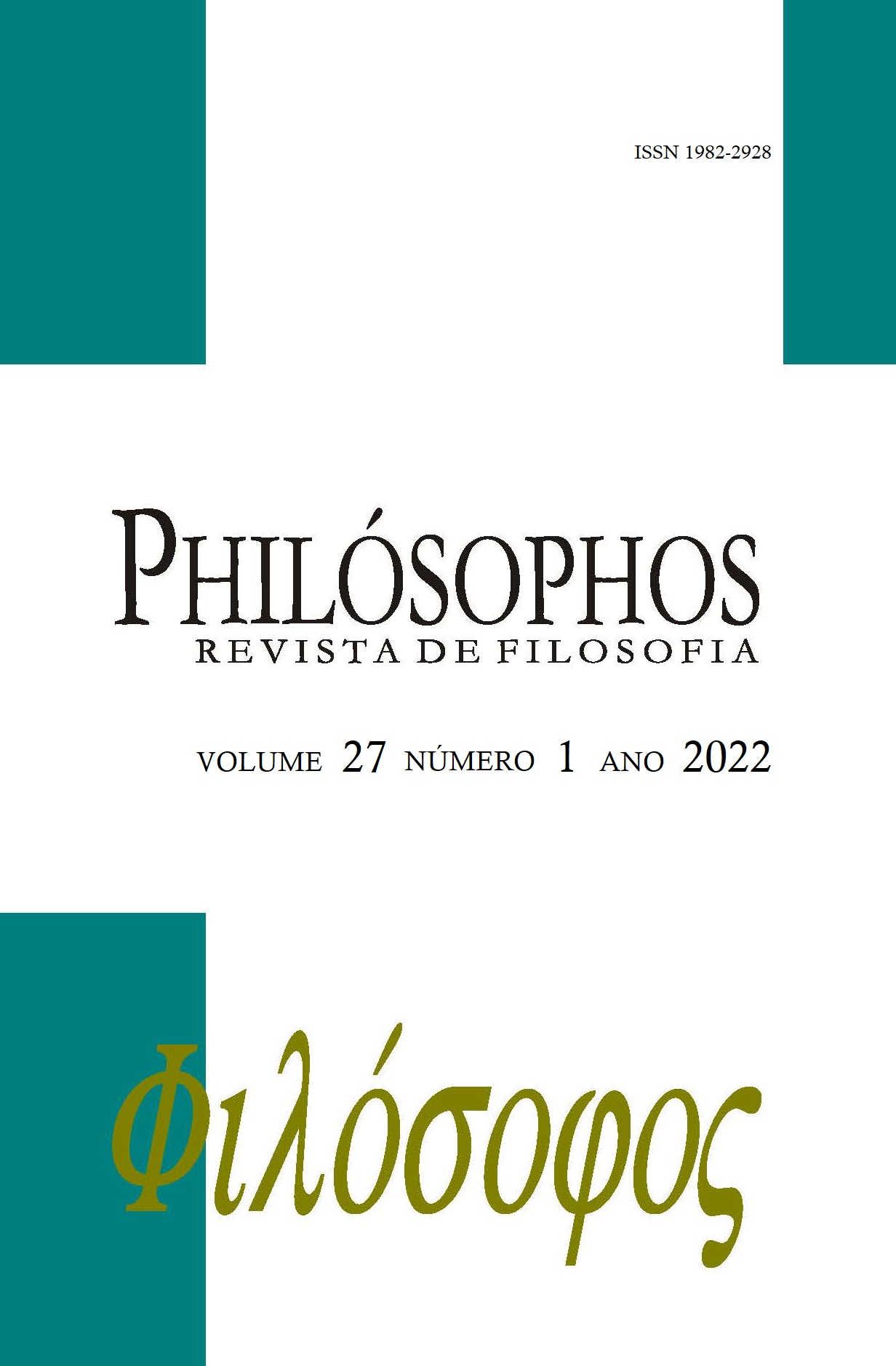Os fins da política no De regno de Tomás de Aquino
DOI:
https://doi.org/10.5216/phi.v27i1.71918Abstract
This article aims to demonstrate that the ends of politics, as they are intertwined
with the ultimate end of man, can be considered transpolitical. The political thought of Thomas
Aquinas (1225-1274) is exposed in his practical or moral philosophy, for instance in his
questions about virtues (especially prudence and justice) and in the discussions about the forms
of government, laws, and the common good. Although based upon Aristotle's ideas, Saint
Aquinas deals with the civitas, or rather the regnum christiano, and not with the Greek polis.
The main ends of politics are the common good, the virtuous life of citizens, and happiness
(beatitude) in divine fruition. It will be demonstrated along the study that the ultimate end of
man is only one; the others being antecedents or means to achieve what everyone desires:
happiness. This article, without disregarding others Aquinas works with political themes, will
strictly approach the ideas of De Regno.
Downloads
Downloads
Published
How to Cite
Issue
Section
License
Copyright (c) 2022 Philósophos a journal of philosophy

This work is licensed under a Creative Commons Attribution-NonCommercial-NoDerivatives 4.0 International License.
Authors who publish in this journal agree to the following terms:
- Authors retain copyright and grant the journal right of first publication, with the work simultaneously licensed under a Creative Commons Attribution License that allows others to share the work with an acknowledgement of the work's authorship and initial publication in this journal.
- Authors are authorized to enter into separate, additional contractual arrangements for the non-exclusive distribution of the journal's published version of the work (e.g., publishing in an institutional repository or as a book chapter), with an acknowledgement of its authorship and initial publication in this journal.















